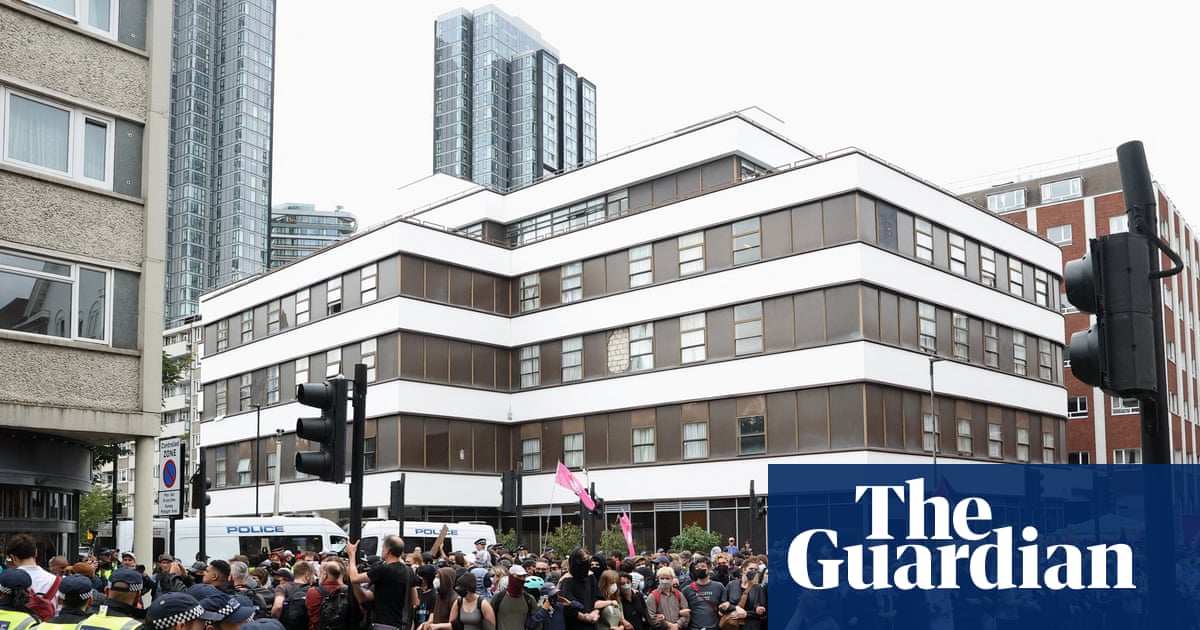T4K3.news
New UK policy threatens asylum seekers' housing
Asylum seekers refusing relocation face potential eviction and loss of financial aid.

The UK government implements guidance impacting asylum seekers' accommodation.
Asylum seekers face risk of homelessness under new UK policy
Asylum seekers in the UK who refuse to leave hotels for alternative housing options could become homeless due to new policy changes announced by the Home Office. The government aims to end the use of hotels for asylum accommodation by 2029, with reports stating that current hotel housing has peaked at over 50,000 individuals. Demonstrations have occurred recently near hotels housing these asylum seekers, highlighting public concern. New guidance emphasizes that asylum seekers must accept moves to appropriate housing and provides five days' notice before any relocation. Noncompliance may result in eviction and loss of financial support, which is currently around £49.18 per week for basic needs.
Key Takeaways
"The overall efficiency of the asylum support system is being undermined."
This statement from the Home Office reveals concerns about managing asylum accommodations effectively.
"Individuals who persistently fail to move will face eviction and reduced support."
Government officials are emphasizing the seriousness of the new relocation guidelines.
"The pressure to reduce the number of hotels has risen significantly in recent months."
This reflects the government's effort to address community concerns about rising accommodation costs.
This latest move by the UK government reflects a growing urgency to manage asylum accommodation costs and reduce reliance on hotels. The substantial rise in the number of asylum seekers in hotels has sparked public protests, illustrating the tension between government policy and community response. Furthermore, the implications for individuals at risk of homelessness raise ethical questions about support and the treatment of vulnerable populations. The effectiveness of this policy may depend on public perception and its political ramifications.
Highlights
- New guidance threatens the stability of vulnerable families.
- Eviction could leave many asylum seekers without support.
- Demonstrations are a sign of rising public concern over asylum policies.
- Refusing to relocate could mean losing essential financial aid.
Risk of homelessness for asylum seekers
The new guidance risks leaving asylum seekers homeless if they refuse to comply with relocation. This can spark public backlash and political contention.
The outcome of this policy may shape the future landscape of asylum seeker support in the UK.
Enjoyed this? Let your friends know!
Related News

Tory MP criticizes Starmer's handling of asylum seekers

Waterlooville residents protest migrant housing plans

Government allocates extra £100m to combat small boat crossings

Home Office penalizing asylum seekers refusing relocation

Protesters clash outside London hotel

New law will ban social media ads for small boat crossings

UK announces sanctions against people-smuggling gangs

Protests against asylum hotel in Norwich escalate
